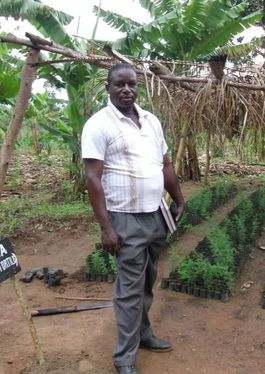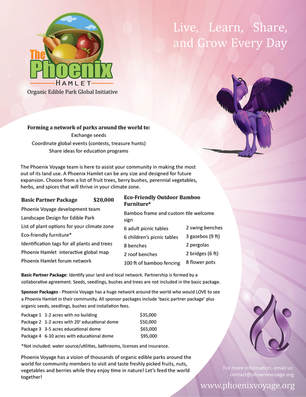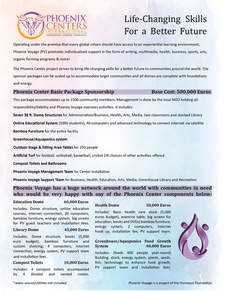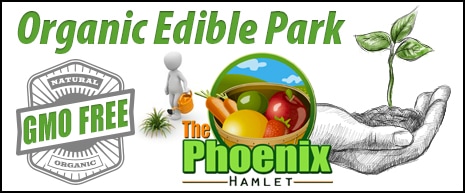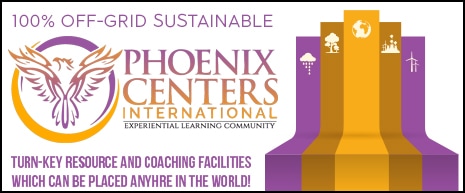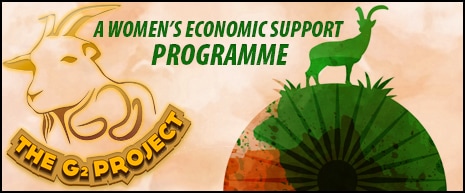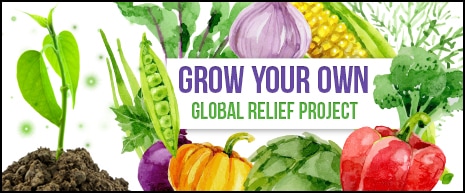|
|
Tanzania has just over 51 million citizens and is graced with Africa's highest mountain in northeastern Tanzania. Approximately 38% of Tanzania's land area is set aside in protected areas for conservation and the tourism industry contributes to over 12% of GDP. Visitors enjoy 16 national parks plus a variety of game and forest reserves.
Tanzania has seen extensive deforestation in the heavily populated areas in the Central and in the Southern Highlands. It is estimated that 92 percent of all fuel consumed in Tanzania is from wood and agricultural residues. Large areas of land have been emaciated of tree life due to harvesting fire wood as well as the grazing of cattle. |
These areas produce large amounts of produce and food for the country, but in the process, land is being degraded and forests are disappearing. Without these natural resources, populated areas quickly become uninhabitable and families are forced to find new areas that can support their needs.
Phoenix Voyage is thrilled to introduce our new Partners in Tanzania
|
Christopher Simwinga
Programs Country Coordinator |
EnviroCare Tanzania, was established in 2012 as a non profit organization registered in Tanzania.
|
Work done by ETZ
Since its inception in 2012 ETZ have planted 2 million trees successfully by involving schools, churches, small environmental groups in 20 communities in Kagera region focused on Agroforestry. The 4 proposed regions of Iringa, Mbeya, Rukwa and Songwe is a new introduced type of Agroforestry techniques, many people are not aware of the intercropping whereby a small piece of land is planted with mixed crops for better results as compared to other regions such as Kagera, Kilimanjaro and Tanga. These areas have forests diminishes for charcoal business while efforts for replanting is very minimum.
Local farmers benefitParticipating farmers will benefit from the incorporation of trees into agroforestry systems which will provide additional food, protection from the elements, and habitat while concurrently rejuvenating the soil. Fuel wood will be harvested from sustainable wood lots instead of nearby forests. An increased number of trees on farms and communal land will help us all breathe a littler easier. Greater provisions of nutritious foods will lead to an increase in overall population heath, as well as, a decrease in illnesses. Thousands would indirectly benefit from more available and affordable produce and firewood. All communities within the same watershed would benefit from cleaner streams and rivers due to lower levels of topsoil and silt accumulation in vital bodies of water.
Phase One projected cost: $9,765 USD
Seeds and Planting Materials Purchase of tree seeds $ 1,100 Soil preparation/transport $ 400 Soil preparation/transport (sand) $ 400 Polythene tube 500 kg x 8000 $ 2,000 Fencing $ 300 Tools and Equipment Nursery tools/equipment $ 1,500 Workshops/Meetings Green Club workshops and support $ 1,000 Overhead Telephone $60 Email/internet $ 180 Banners/posters $ 100 Signs indicating partners $ 625 Training Materials Workshop/Training material $ 200 Monitoring, Supervision, Evaluation and Reporting Field visit for supervision/Monitoring $500 Participatory evaluation meeting $ 500 Local Travel Perdiem $ 400 Join our Global Network! |
|
Please download our brochures to learn more:
|
|
| ||||||||||||||||||

